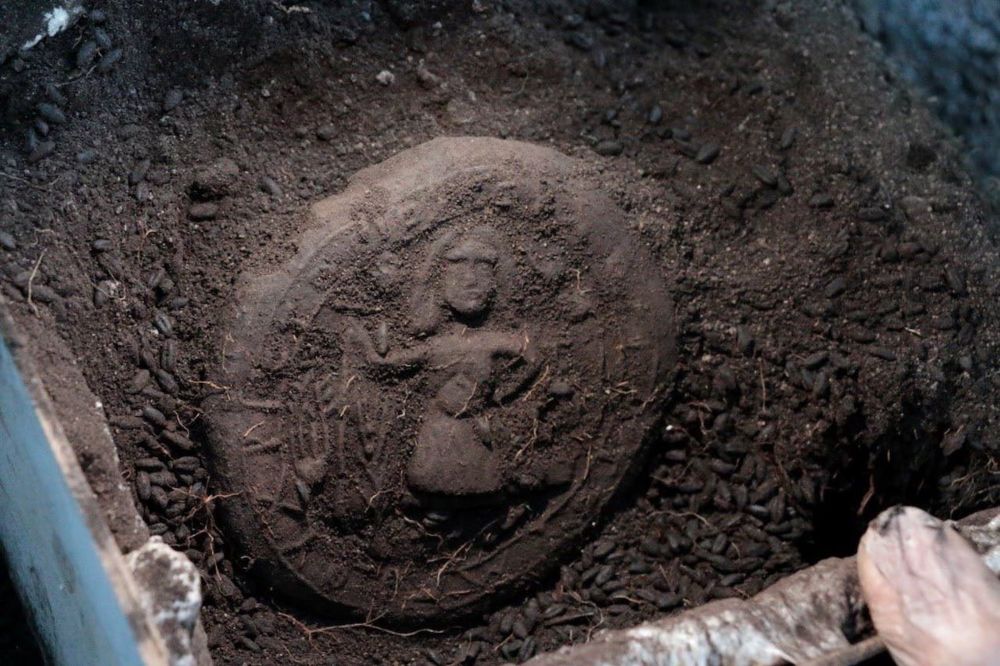Professor Nutella
@jpnudell.bsky.social
2.2K followers
1.2K following
3.9K posts
Pizza appreciator, ancient historian, reader, writer, baker. In some order.
Blogging here: https://joshuapnudell.com/blog/
Posts
Media
Videos
Starter Packs
Reposted by Professor Nutella
Reposted by Professor Nutella
Reposted by Professor Nutella
Reposted by Professor Nutella
wishda
@wishda.bsky.social
· 17h
Reposted by Professor Nutella
Reposted by Professor Nutella
Reposted by Professor Nutella
Reposted by Professor Nutella
Reposted by Professor Nutella
















